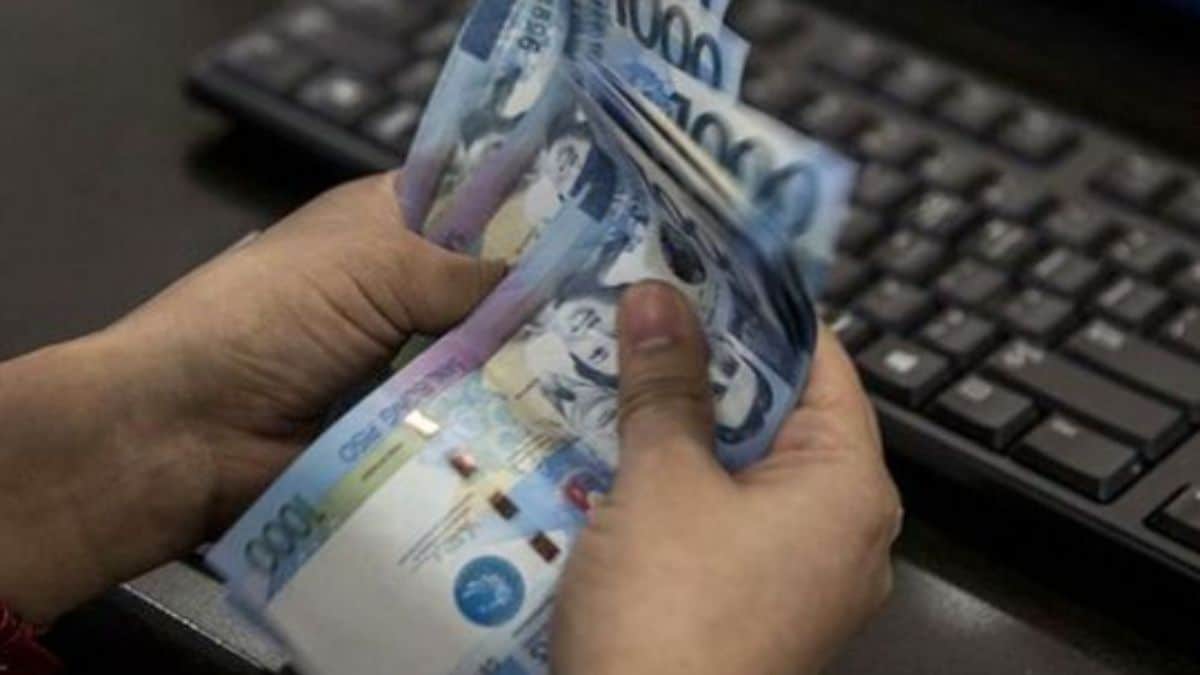Philippine President Ferdinand Marcos Jr. has signed into law the Ease of Paying Taxes Act. This landmark legislation seeks to modernize the country’s tax system, simplify procedures, and ultimately capture more taxpayers into the net.
The signing, announced on Sunday, comes amidst Marcos Jr.’s ambitious agenda for his six-year term, which prioritizes fiscal management and infrastructure upgrades. The new law aligns with this vision by promoting tax compliance and potentially generating increased revenue for the government’s infrastructure push.
Taxpayers can now file their returns electronically or manually through the Bureau of Internal Revenue (BIR), authorized agent banks, or authorized tax software providers. This flexibility caters to individuals with varying comfort levels and technological access. The law streamlines paperwork, reducing the required documents and simplifying procedures. This should significantly lower the time and effort involved in tax compliance, encouraging voluntary participation.
It allows non-resident taxpayers to register for these facilities, making it easier for foreign investors to do business in the Philippines. This opens up the possibility of increased foreign investment, a crucial driver of economic growth. The law further reinforces safeguards for taxpayers, ensuring transparency and protection from abuse. This could improve trust in the system and further encourage compliance.
By simplifying procedures and expanding the tax net, the government aims to raise its tax effort, the share of tax collections to GDP, to over 17% by 2028, up from the current 14%. This additional revenue is crucial for funding Marcos Jr.’s ambitious infrastructure plans.
Enhancing Efficiency: Streamlined procedures and digitalization should increase tax administration efficiency, reducing operational costs and improving resource allocation within the BIR.
The law’s focus on taxpayer rights and enhanced due process aims to improve the overall fairness and transparency of the tax system, potentially boosting trust and compliance. By simplifying procedures and welcoming non-resident taxpayers, the Philippines hopes to become a more attractive destination for foreign investors. This, in turn, could generate economic growth and create jobs.
Challenges and the Road Ahead
The BIR will need to effectively implement the new law, providing clear guidelines, training staff, and ensuring seamless integration of digital platforms. Changing public perception of the tax system takes time and consistent efforts. The government needs to actively engage with taxpayers, educate them about the new law, and demonstrate its commitment to fairness and transparency.
For digital solutions to succeed, the Philippines needs to overcome its internet connectivity and digital literacy challenges. Expanding access and affordability across the country will be crucial.
- The “Ease of Paying Taxes Act” marks a significant step towards a more efficient and taxpayer-friendly tax system in the Philippines. Its success, however, hinges on thorough implementation, building trust, and overcoming infrastructural hurdles. If these challenges are met, the act has the potential to bolster government revenue, attract foreign investment, and ultimately contribute to the Philippines’ economic growth and infrastructure development.

